Piyush Mishra
Weakly-supervised inferences of molecular dynamics for fluorescence imaging in physiological environments
Team: Philippe Roudot (I2M / Institut Fresnel)
His background
October 2023 - present | CENTURI PhD student
2021-2023 | MSc in Computational and Mathematical Biology, Aix-Marseille University (France)
2017-2021 | BTech in Computer Science and Engineering, International Institute of Information Technology Bhubaneswar (India)
Contact
About his PhD project
Within the last decade, major advances in 3D live microscopy have enabled the imaging of highly dynamic cells embedded in environments mimicking human tissues. While these images suggest that pathological cells behave very differently in tissues when compared to a glass coverslip, understanding the complex molecular processes behind these 3D scenes is hard just by looking at them. Algorithms that work well for understanding movement in 2D images are useful for spotting dynamic processes in this kind of data. But we need new ways to find hidden patterns in these clouds of biomolecules. The usual methods need a lot of knowledge upfront about how things move to “connect the dots” between molecules in each image.
To tackle this problem, our general strategy is centred on the joint design of algorithms and experiments where the predictive power of our model relies less on the a priori knowledge on the biodynamic of interest but more on what we readily know about the imaging system response. We will increase the framerate to produce datasets where local biodynamics can be easily described by a handful of priors (say, constant velocity), hence “weakly supervised”. However, this is at the expense of detection accuracy that is limited by the fluorophore-response and the noisy image formation process. Hence, we will propose the joint modelling of target motion and low-SNR-induced-clutter with random finite sets along with the scalable inference of its parameters.







